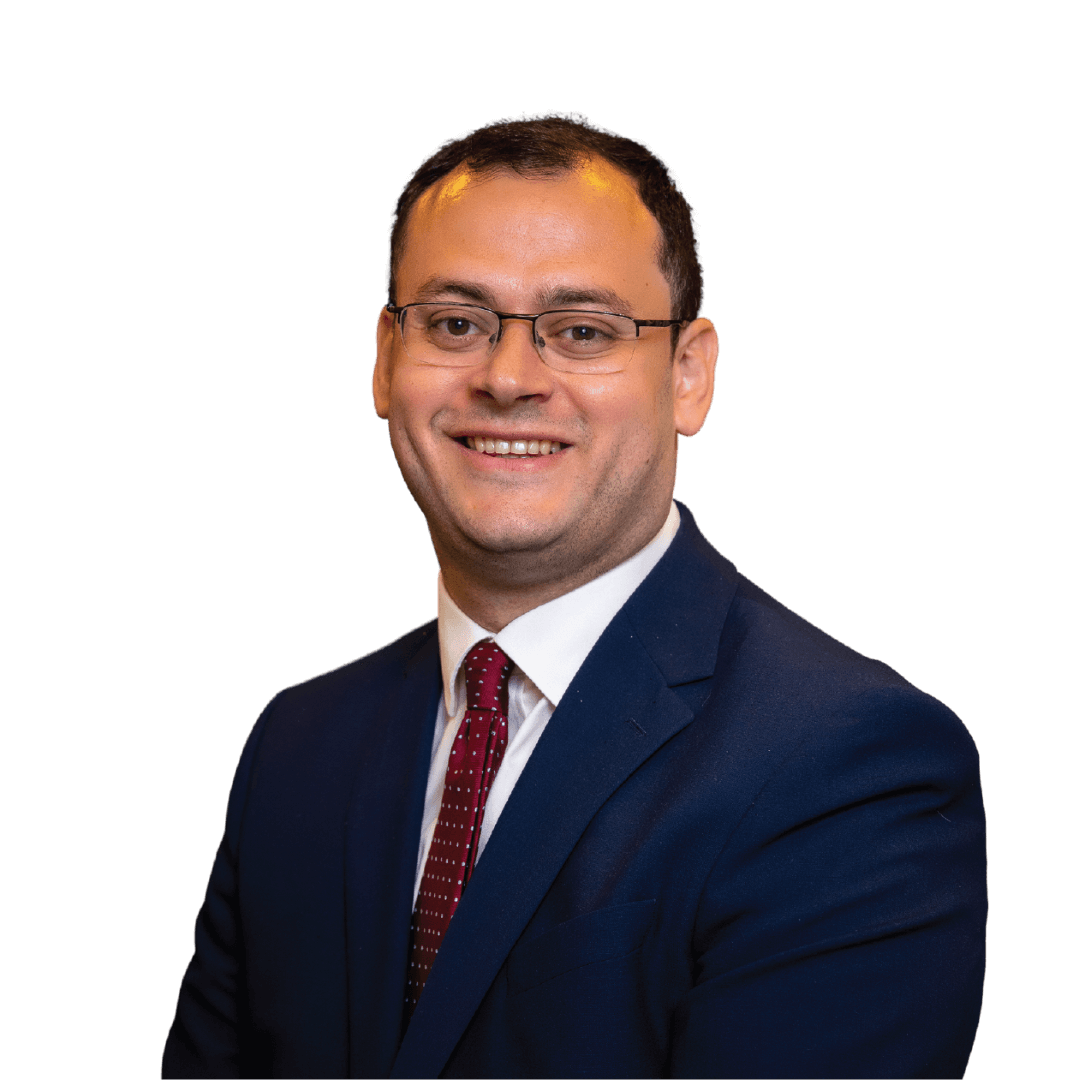
You will be advised by our Head of the criminal department Samir Moftah and your case will be personally handled by him. Samir has many years of experience representing clients successfully and has dealt with high profile matters. Your case will be dealt with seriously, pro-actively and always in your best interests.
Samir
Samir Moftah
Criminal Law Solicitor

 Zoom / Teams
Zoom / Teams


We, at Manak Solicitors, understand how distressing it is to be arrested and charged with an offence.
You will find us to be emphatic, helpful and straightforward to work with. We will devise a clear strategy at the outset of your case and ensure that you understand the offence you have been charged with as well as the procedure. We have excellent links with Barristers chambers and will be able to select the right Court advocate for you.
We will give clear cost estimates as to your matter so that you are able to plan your finances.
We cover all areas of criminal law including the following:
When arrested you will often have to attend a police station interview. This will be under caution and can be used in evidence against you within court proceedings.
It is important that you are represented at a police station so that you give yourself the best chance of a favourable outcome. There are many cases which proceed, simply because the interview stage was not handled correctly. It is best not to take a risk of this nature when it can affect your employment, your ability to travel and your reputation.
We are able to offer private representation for interviews at fixed fees.
We will-
If you are required to attend further interviews, we are able to assist and give continuity. If the police seek an interview date which is not convenient, we are able to negotiate a new date and time with them.
We understand how important a driving licence is to our clients. When instructed, we will always assess a client’s case and identify if any defences are readily available. We give clear advice setting out the options for you. Where a defence with likely prospects of success is not available, we will ensure that any punishment is kept to a minimum.
We will represent you in Court and have excellent links with Barristers chambers to ensure top quality representation. We are able to work to fixed fees for the majority of our cases.
The most common situations we act on are as follows;
A court will use the Sentencing Guidelines to guide them as to the possible sanctions when being found guilty for an offence.
A case will usually conclude at your sentencing hearing. This is typically 4-8 months from the date of the offence. This can be longer depending on court listings. All fees above are subject to VAT at 20%. Disbursements are charged as additional fees to a third party. This will usually be counsel’s fee to represent at a hearing.
All clients will be advised by Samir Moftah, an experienced solicitor in this area of law.
Please contact us with details of your case and we will be able to provide a quote.
As experienced specialist solicitors, we are able to advise you on the evidence provided by the prosecution as to what we believe your prospects of success are. We can advise you on procedure and help gather evidence to defend you. We will present the evidence to the court and challenge the prosecutions evidence. We will make legal submissions on your behalf and attempt to secure the best outcome for you. We will protect your interests and try to ensure you do not receive penalty points on your licence so that you are able to drive and earn income to support your family or simply to help them attend hospital appointments.
In England and Wales, through the rules and regulations there are three main types of offences which relate to the severity of the offence. These are
These are low level crime matters which can be heard only in a Magistrates court. This would mostly relate to motoring offences and low-level assault. A Magistrates court must decide whether the seriousness of the case fits within the remit of their jurisdiction. If they feel it is too serious, they will transfer the case to the Crown Court and decline to hear the case.
These are serious crimes which can only be heard in the Crown Court. Typical offences include murder or rape. These types of offences will start in a Magistrates court but be transferred up to a Crown Court. There will usually be a case management hearing initially so that directions can be made to ensure a case is ready for trial. The trial will then be separately listed. The time of a crown court hearing is communicated the day before once listings are released.
These are crimes in which the defendant has the choice to be heard in a Crown Court or Magistrates Court. These can be offences such as possession of drugs. Careful tactical consideration will need to be given as to the choice of court and which is likely to result in a favourable outcome. If a matter is heard in the crown Court, there will be a jury who will consider the case made up of members of the public. If a magistrates Court hearing takes place, this will be decided by Magistrates, usually more than one.
| Offence | Maximum penalty |
|---|---|
| *Causing death by dangerous driving | Unlimited fine |
| Dangerous driving | Unlimited fine |
| *Causing death by careless driving under the influence of drink or drugs | Unlimited fine |
| Careless and inconsiderate driving | Unlimited fine |
| Driving while unfit through drink or drugs or with excess alcohol: or failing to provide a specimen for analysis | Unlimited fine |
| Failing to stop after an accident or failing to report an accident | Unlimited fine |
| Driving while disqualified | Unlimited fine |
| Driving after refusal or revocation of licence on medical grounds | Unlimited fine |
| Driving without insurance | Unlimited fine |
| Using a vehicle in a dangerous condition | LGV or PCV unlimited, other vehicles £2,500 |
| Failure to have proper control of vehicle or full view of the road and traffic ahead | £1,000 fine (£2,500 for PCV or goods vehicle) |
| Using a hand-held mobile phone when driving | £1,000 fine (£2,500 for PCV or goods vehicle) |
| Driving otherwise than in accordance with a licence | £1,000 fine |
| Speeding | £1,000 fine (£2,500 for motorway offences) |
| Traffic light offences | £1,000 fine |
| No MOT certificate | £1,000 fine |
| Seat belt offences | £500 fine |
| Dangerous cycling | £2,500 fine |
| Careless cycling | £1,000 fine |
| Cycling on pavement | £500 fine |
| Failing to identify driver of vehicle | £1,000 fine |
| Offence | Maximum penalty | Penalty points |
|---|---|---|
| *Causing death by dangerous driving | 14 years’ Obligatory disqualification (minimum 2 years) | 3 to 11 (if exceptionally not disqualified) |
| Dangerous driving | 2 years’ imprisonment /Obligatory disqualification | 3 to 11 (if exceptionally not disqualified) |
| *Causing death by careless driving under the influence of drink or drugs | 14 years’ imprisonment / Obligatory disqualification (minimum 2 years) | 3 to 11 (if exceptionally not disqualified) |
| Careless and inconsiderate driving | Discretionary disqualification | 3 to 9 |
| Driving while unfit through drink or drugs or with excess alcohol: or failing to provide a specimen for analysis | 6 months’ imprisonment / Obligatory disqualification | 3 to 11 (if exceptionally not disqualified) |
| Failing to stop after an accident or failing to report an accident | 6 months’ imprisonment / Discretionary disqualification | 5 to 10 |
| Driving while disqualified | 6 months’ imprisonment (12 months in Scotland) / Discretionary disqualification | 6 |
| Driving after refusal or revocation of licence on medical grounds | 6 months’ imprisonment / Discretionary disqualification | 3 to 6 |
| Driving without insurance | Discretionary disqualification | 3 to 8 |
| Using a vehicle in a dangerous condition | Obligatory disqualification if offence committed within 3 years of a previous conviction for a similar offence – 6 months min. Otherwise discretionary | 3 in each case |
| Failure to have proper control of vehicle or full view of the road and traffic ahead | Discretionary disqualification | 3 |
| Using a hand-held mobile phone when driving | Discretionary disqualification | 6 |
| Driving otherwise than in accordance with a licence | Discretionary disqualification | 3 to 6 |
| Speeding | Discretionary disqualification | 3 to 6, or 3 (fixed penalty) |
| Traffic light offences | Discretionary disqualification | 3 |
| No MOT certificate | Fine only | - |
| Seat belt offences | Fine only | - |
| Dangerous cycling | Fine only | - |
| Careless cycling | Fine only | - |
| Cycling on pavement | Fine only | - |
| Failing to identify driver of vehicle | Discretionary disqualification | - |


 Instruct
Instruct